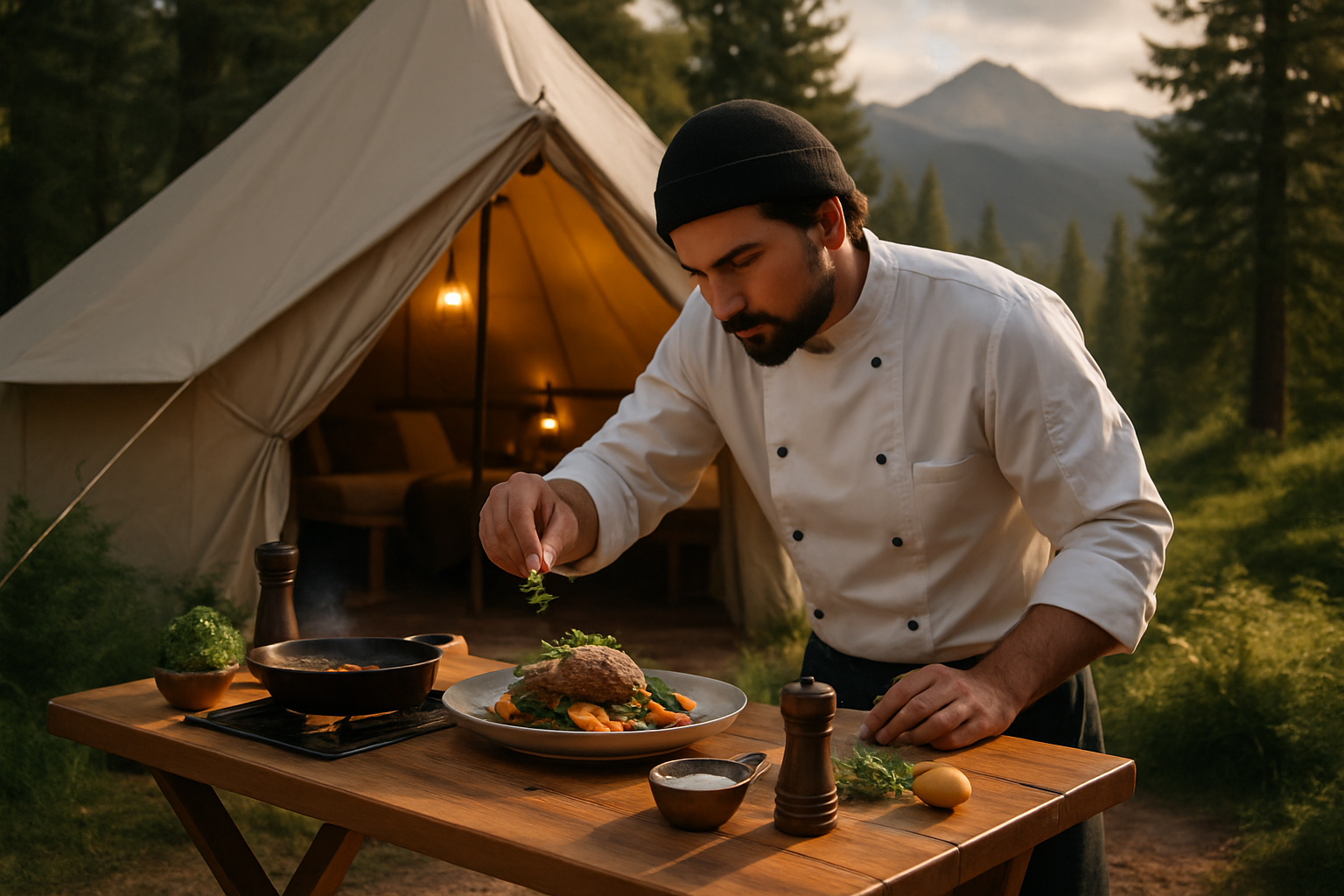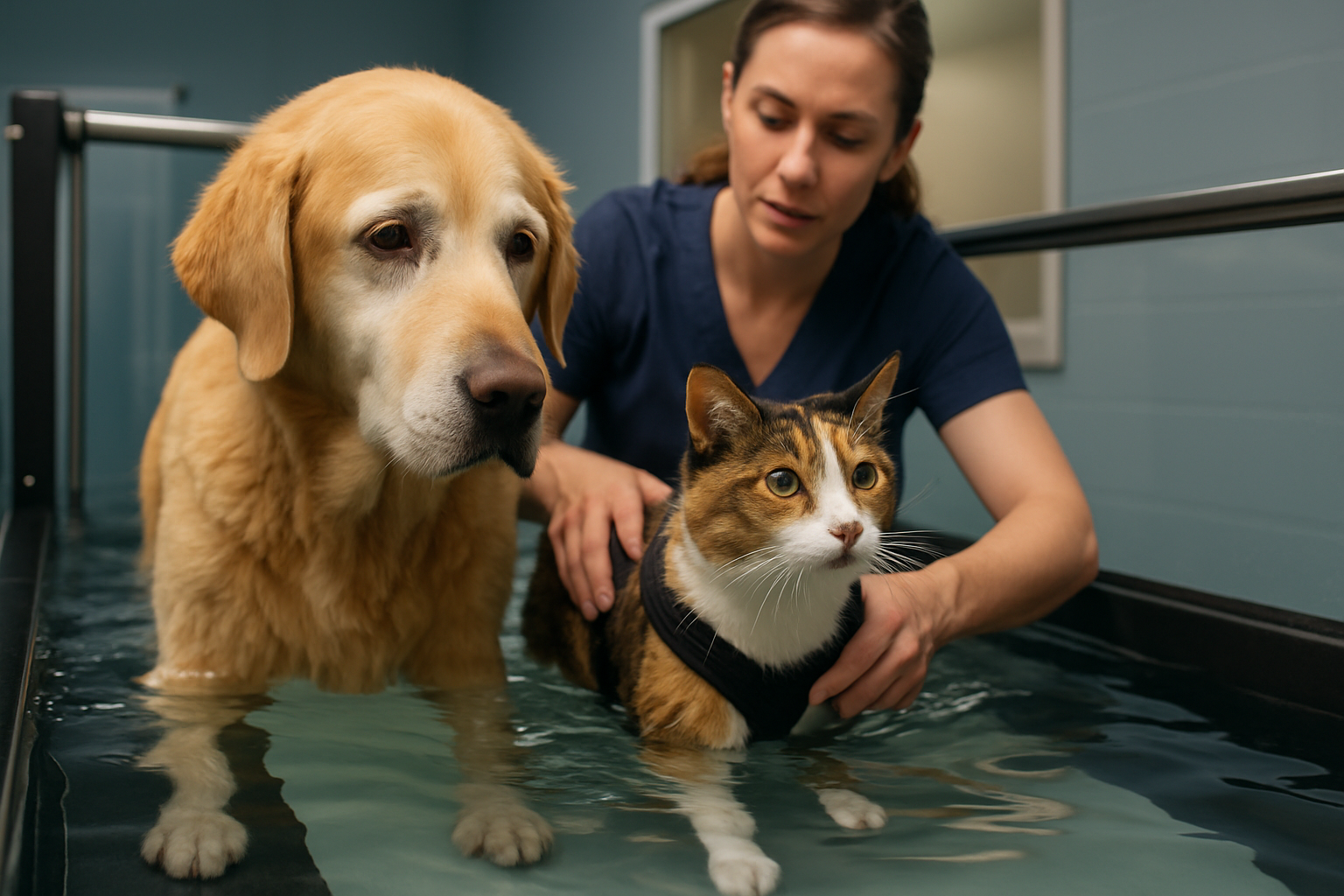Exploring the World Through Food Foraging Adventures
Embark on a culinary journey that goes beyond traditional gastronomy. Food foraging adventures are redefining the way we experience local cuisines and connect with nature. This emerging travel trend combines the thrill of exploration with the satisfaction of sourcing your own ingredients, offering a unique perspective on destination dining and sustainable food practices.

The Rise of Foraging as a Travel Experience
In the last decade, food foraging has transformed from a niche hobby into a sought-after travel experience. Travelers are increasingly seeking authentic, immersive encounters with local environments and cultures. Foraging tours offer just that – a chance to explore off-the-beaten-path locations while learning about local ecosystems and traditional food practices. These experiences range from guided mushroom hunts in the forests of Oregon to seaweed gathering along the coasts of Ireland.
Culinary Adventures in Unexpected Places
Food foraging adventures are taking travelers to unexpected locales. Urban foraging tours in cities like New York and London reveal edible plants growing in parks and abandoned lots, challenging our perceptions of city landscapes. In contrast, remote destinations like the Nordic countries offer pristine wilderness experiences where travelers can forage for berries, herbs, and even lichen under the midnight sun. These diverse settings provide unique insights into local ecosystems and traditional knowledge.
The Chef’s Perspective: From Forest to Table
Many renowned chefs have embraced foraging as a way to innovate their menus and connect with local terroir. Restaurants like Noma in Copenhagen and Atera in New York have gained international acclaim for their use of foraged ingredients. This trend has inspired a new generation of culinary travelers who seek to understand the origins of their food. Some restaurants now offer foraging excursions as part of their dining experience, allowing guests to participate in ingredient sourcing before enjoying a meal.
Sustainable Travel Through Foraging
Food foraging aligns with the growing trend of sustainable and responsible travel. By sourcing ingredients directly from nature, travelers reduce their reliance on industrialized food systems and minimize their carbon footprint. However, it’s crucial to approach foraging with respect for the environment. Many tour operators emphasize conservation principles, teaching participants how to forage sustainably without depleting natural resources.
Essential Tips for Food Foraging Adventures
• Always forage with an experienced guide to ensure safety and sustainability
• Research local regulations and obtain necessary permits before foraging
• Learn to identify poisonous plants and fungi in the area you’re visiting
• Bring appropriate gear: basket, gloves, and a reliable plant identification guide
• Only take what you need, leaving plenty for wildlife and ecosystem balance
• Clean and prepare foraged foods properly to avoid contamination
A New Frontier in Culinary Travel
Food foraging adventures represent a exciting frontier in culinary travel. They offer a unique blend of outdoor exploration, cultural immersion, and gastronomic discovery. As travelers increasingly seek meaningful, sustainable experiences, foraging provides a way to connect deeply with destinations through their most fundamental resource – food. Whether in urban parks or remote wilderness, these adventures promise to change the way we see, taste, and appreciate the world around us.





